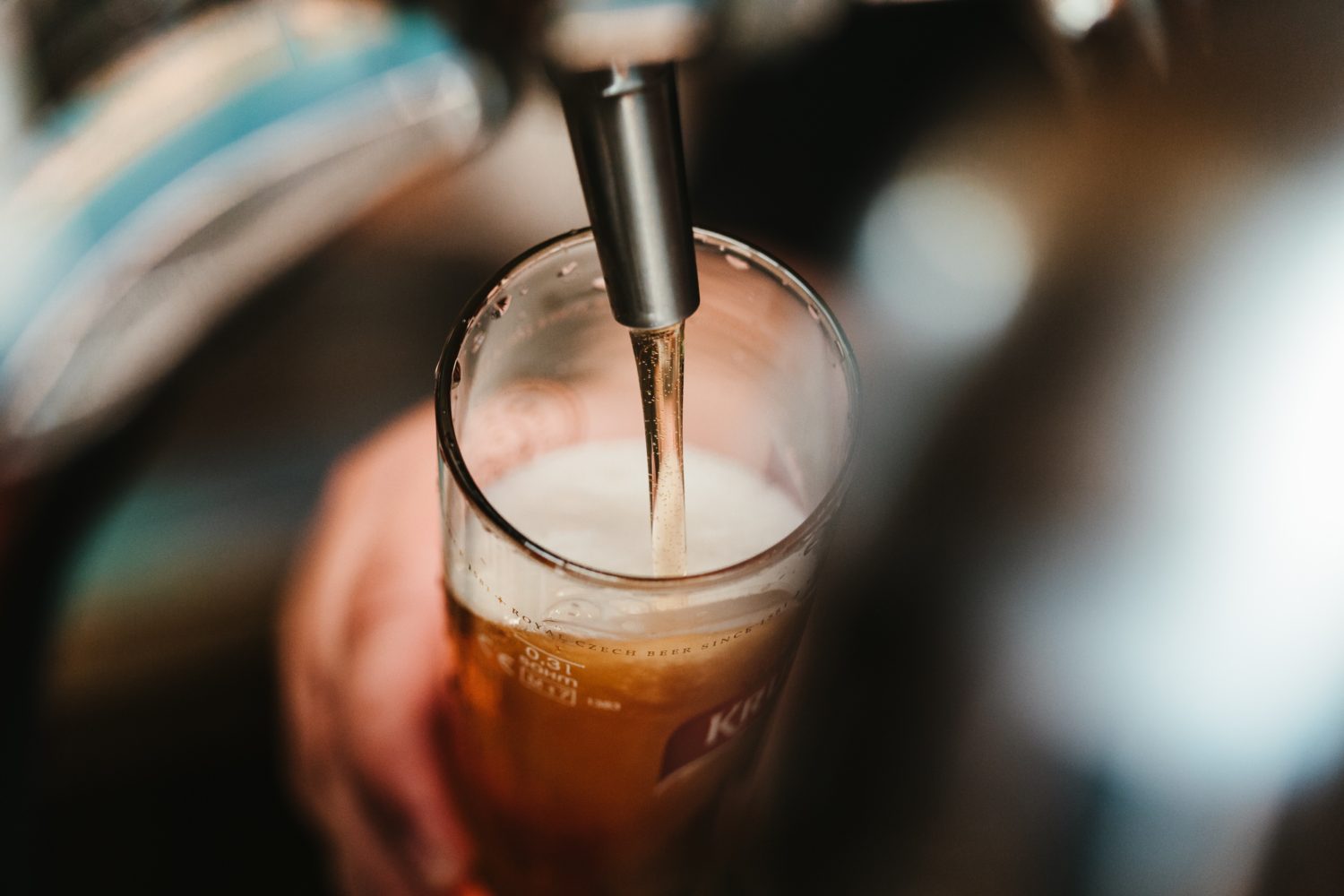By Cheryl Parker
Part two of our three-part series dedicated to beer & water
In the introduction to brewing course, we spend a lot of time talking about water. We start with the global water cycle, the carbon cycle, and a little geology. Depending where you open your brewery, the water may be from surface water or groundwater wells, or even precipitation. Each has its own unique mineral composition, pH, and alkalinity. All of which will determine what style of beer will best be brewed at your location if you do not alter the water with additional minerals, salts, or acids.

In fact, without turning this blog post into a chemistry lesson, the reason beer styles have historically developed around the world is due to water composition. Places like Pilsen in the Czech Republic brew a brilliant, light color, crisp beer because of the low alkalinity in their water. If they were to add any roasted grain to their recipe, the acidity of the grain would drive the pH of the grain-water mix too low for starch conversion.

Conversely, places with high pH and alkalinity, as in Dublin, Ireland, are suited for adding lots of dark roasted grain, which have a natural acidity. The concentration of salts and minerals can make our hops pop with flavor and bitterness, while other mineral compositions lend themselves to malty beer that highlights the variety of grains we have used in our recipe. A brewer today simply needs to get their water tested for things such as pH, calcium, magnesium, sulfate, and alkalinity and then adjust the water prior to use to match the style they’d like to make.
Large breweries with multiple locations around the world have entire teams of people and sophisticated machines dedicated to making the water perfect for the brewing process so that the beer you taste from their facility in Europe taste the same as it does from the facility here in the United States.

So now that we know how important water is to our overall process, what is a brewer to do? First and foremost, I teach the students to choose your location carefully. You can change where you source your hops, grain, and yeast, but if you build a brewery, you are stuck with the water forever.

Second, take care of your water resource and be an advocate for it. Beer is a great method of getting the word out there about all sorts of issues. Who doesn’t want to read about beer?

This post was graciously authored by Cheryl Parker, Manager of the UNH Brewing Science Lab and proud Every Drop supporter.
To keep up to date on Beer releases, public events, and follow what the students are up to, follow along on Facebook and Instagram.
And check out the UNH Brewing Courses online.
#EveryDropMatters


